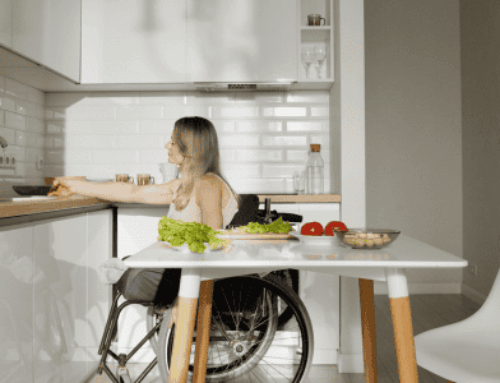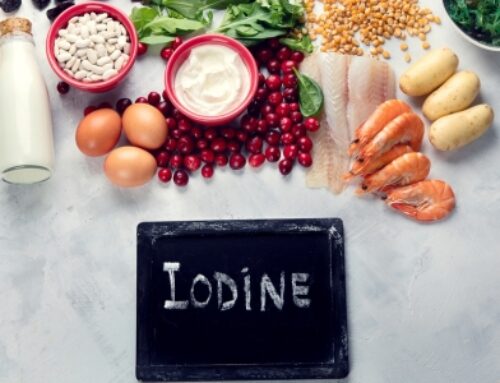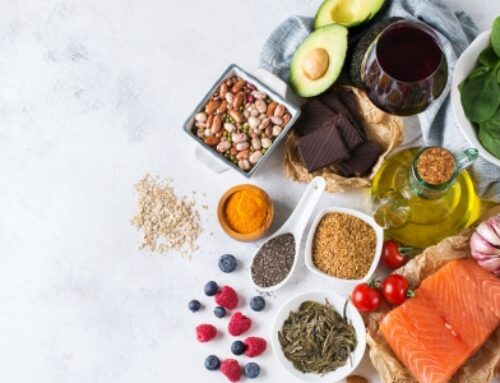
Trying to balance a healthy diet with the demands of a breastfeeding baby can be challenging to say the least. Often, one of the first things to go are your own regular eating patterns. You may find yourself reaching for anything that is quick and easy (did someone say chocolate?) while you navigate this new challenge with a level of sleep deprivation that you previously couldn’t even imagine was possible.
What should you be eating?
The Australian Guide to Healthy Eating recommends:
- 7.5 serves of vegetables
- 2 serves of fruit
- 2.5 serves of meat or meat alternatives
- 9 serves of grains
- 2.5 serves of dairy
- 2.5 serves of additional foods (these can from the other food groups or discretionary foods)
Whoh! Seems like a lot right? That’s because you’re feeding yourself and your bub. Here is an example day of how much food you could have to meet those needs:
Breakfast
- 2 slices of toast (2 x grain foods)
- 2 slices of low fat cheese (1 x dairy)
- 1 tomato sliced ( 1 x veg)
Morning Tea
- 1 apple (1 x fruit)
- 1/2 carrot (1 x veg)
- 1/4 capsicum (1/2 x veg)
- 2 Tbsp hummus (1 x additional foods)
Lunch
- 1 serve Nachos with a Twist (3 x veg, 2x meat)
- 1 cup instant rice (2 x grain foods)
Afternoon tea
- 1 Carrot and Walnut Muffin (2 x grain)
- 1 small cappuccino (1 x dairy)
Dinner
- 1 serve Pork with Asian Greens and Brown Rice ( 2 x meat, 2 x grain food, 2x veg)
Dessert
- 200g yoghurt (1x dairy)
- Banana (1x fruit)
- 1/2 cup granola (1 x grain)
It is really important to have a healthy balanced diet while breastfeeding because your daily requirements for most micronutrients are greater than before. Ensuring that you meet these requirements will help to maximise your energy levels as much as possible. Sleep deprivation can only really be solved with sleep and very few new mums get enough of that!. It will also keep what feels like an insatiable hunger at bay.
A balance of protein, carbohydrates and healthy fats at each main meal will ensure that you are getting the energy you need to get you through the day (and night). Plenty of fresh vegetables, fruit and wholegrains will ensure that you are getting enough fibre which can help you feel fuller for longer. Making sure that snacks are nutrient dense options, like fruit & yoghurt or a wholegrain slice of toast with avocado, will also help you meet your nutritional requirements and satisfy your hunger better than chips, lollies or chocolate would (as tempting as those may sound).
What shouldn’t you be eating?
There are some herbal teas and supplements that should be avoided while breastfeeding due to possible adverse effects. You should always read the labels and if in doubt, check with your local pharmacist.
Alcohol
Alcohol is another one to avoid when breastfeeding. The alcohol from your drink passes into breastmilk, and it takes approximately 2-3 hours for each standard drink to clear from breastmilk. If you are going to have a drink, consider expressing some milk beforehand, or ensuring that there is enough time for the alcohol to clear your system before your baby’s next feed. Alcohol has also been shown to cause a reduction in milk production, so best to keep consumption to a minimum or completely avoid while you want to sustain breastfeeding.
Excessive caffeine
The good news is that it is ok to have some caffeine. The recommendation is a limit of 300mg/day, which is approximately 3 cups of coffee. Studies have found that at this level of intake there are no adverse effects on the newborn infant. There is some evidence that drinking more than the recommendation may result in irritability and insomnia in a baby. If you are drinking more than 3 cups of caffeinated beverages a day and your baby is difficult to settle it would be worth trying to reduce your intake.
Are there certain foods that cause colic?
There is conflicting evidence as to whether maternal diet contributes to infant colic. Some studies have shown that eliminating common allergenic foods such as dairy, eggs, nuts, wheat and soy can help reduce symptoms in very young babies. Cow’s milk protein allergy can also be responsible for reflux. It is estimated to be the underlying cause of up to 40% of reflux in infants and children. Other studies have implicated FODMAPs and food chemicals such as salicylates, amines and glutamates as potentially causing symptoms in some young infants when eaten by a breastfeeding mother.
If you think a food intolerance is possibly an issue for your infant it is best to undertake any elimination diets with a skilled dietitian so that they can ensure that your nutritional needs are still being met.
If you need some help getting back to healthy eating post-baby, contact the Healthy Eating Clinic to make an appointment with Michelle. She has both the knowledge and first hand experience to help you find practical solutions that will work for both you and bub.
If you’d like further help with your nutrition please click below:



